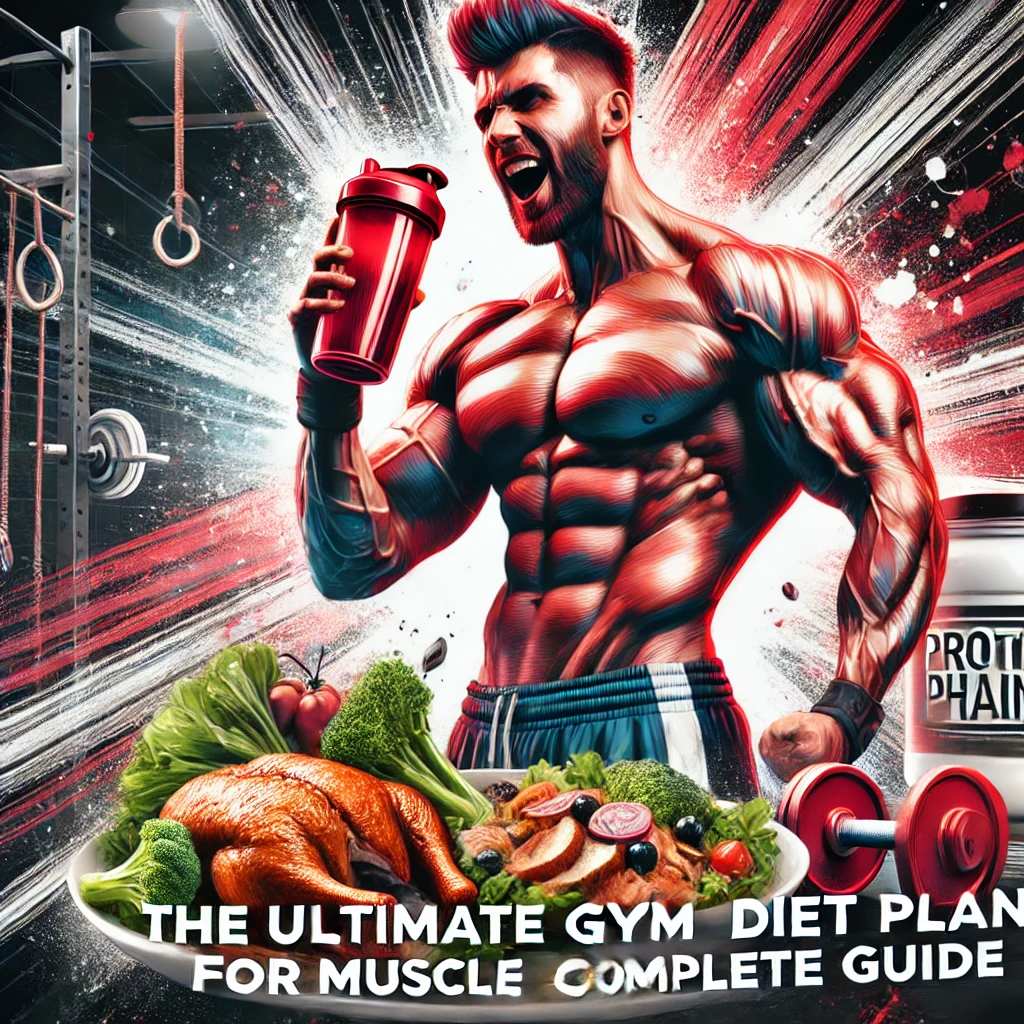Table of Contents
Discover the ultimate gym diet plan for muscle gain with this comprehensive guide. Learn the best foods, meal timings, and supplements to help you achieve your muscle-building goals. Perfect for beginners and advanced gym-goers alike.
Introduction
Gaining muscle requires a combination of proper training and a well-structured diet plan. While exercise is crucial for muscle growth, the importance of nutrition cannot be overstated. In this article, we will delve into a comprehensive gym diet plan for muscle gain, covering everything from essential nutrients to meal timings and supplements. Whether you’re a beginner or an experienced gym-goer, this guide will help you optimize your diet for maximum muscle growth. Whether you’re a beginner or a seasoned professional, following the right gym diet plan for muscle gain is crucial to building strength and reaching your fitness goals.
Understanding The Basics of Muscle Gain
What is Muscle Gain ?
Muscle gain, also known as hypertrophy, involves increasing the size of muscle fibers through resistance training and proper nutrition. It’s a process that requires consistent effort in the gym and careful attention to what you eat.
The Role of Nutrition in Muscle Growth
Nutrition plays a pivotal role in muscle growth. It provides the building blocks (amino acids) needed to repair and grow muscle tissue. A balanced diet ensures that your body has the necessary nutrients to support muscle recovery and growth.
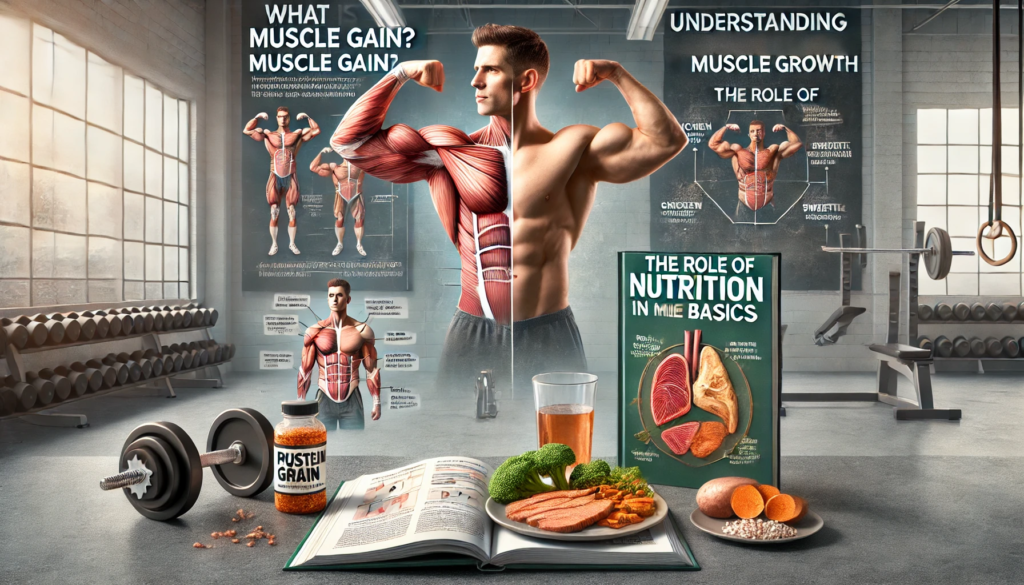
Essential Nutrients For Muscle Gain
Proteins
Proteins are the most critical nutrient for muscle gain. They are composed of amino acids, which are the building blocks of muscle tissue. A diet rich in high-quality protein sources like chicken, fish, eggs, and legumes is essential for muscle growth.
Carbohydrates
Carbohydrates provide the energy needed to fuel your workouts and support recovery. Complex carbs like oats, brown rice, and sweet potatoes are excellent choices, as they provide sustained energy without causing spikes in blood sugar levels.
Fats
Healthy fats are crucial for overall health and hormone production, including testosterone, which plays a significant role in muscle growth. Include sources of unsaturated fats, such as avocados, nuts, seeds, and olive oil, in your diet.
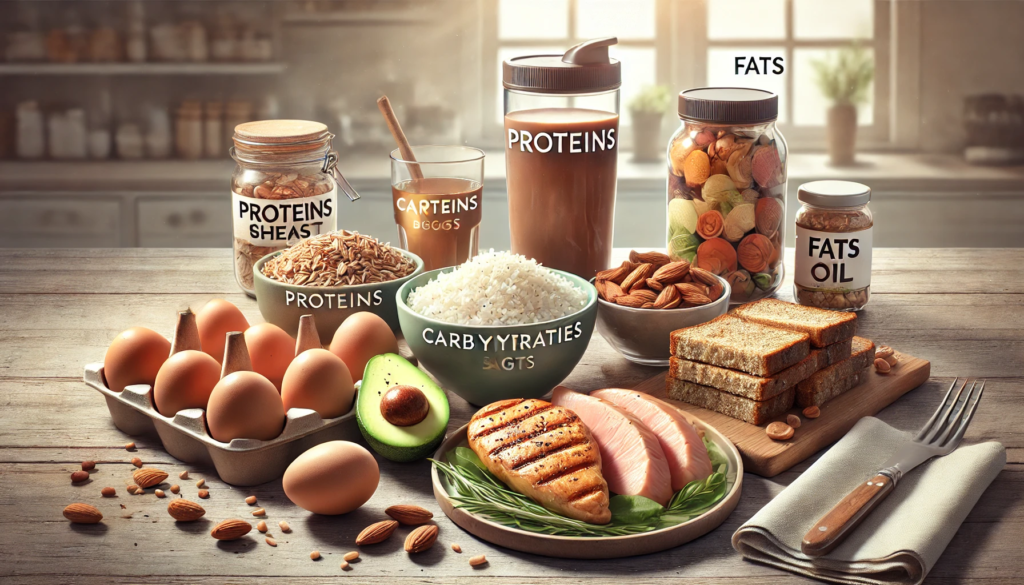
Creating a Gym Diet Plan For Muscle Gain
Pre-Workout Nutrition
Fueling your body before a workout is essential for performance and recovery. A good pre-workout meal should include a balance of protein and carbohydrates. For example:
1-2 hours before workout: Grilled chicken breast with sweet potatoes
-
30-60 minutes before workout: A banana with a scoop of protein powder mixed in water
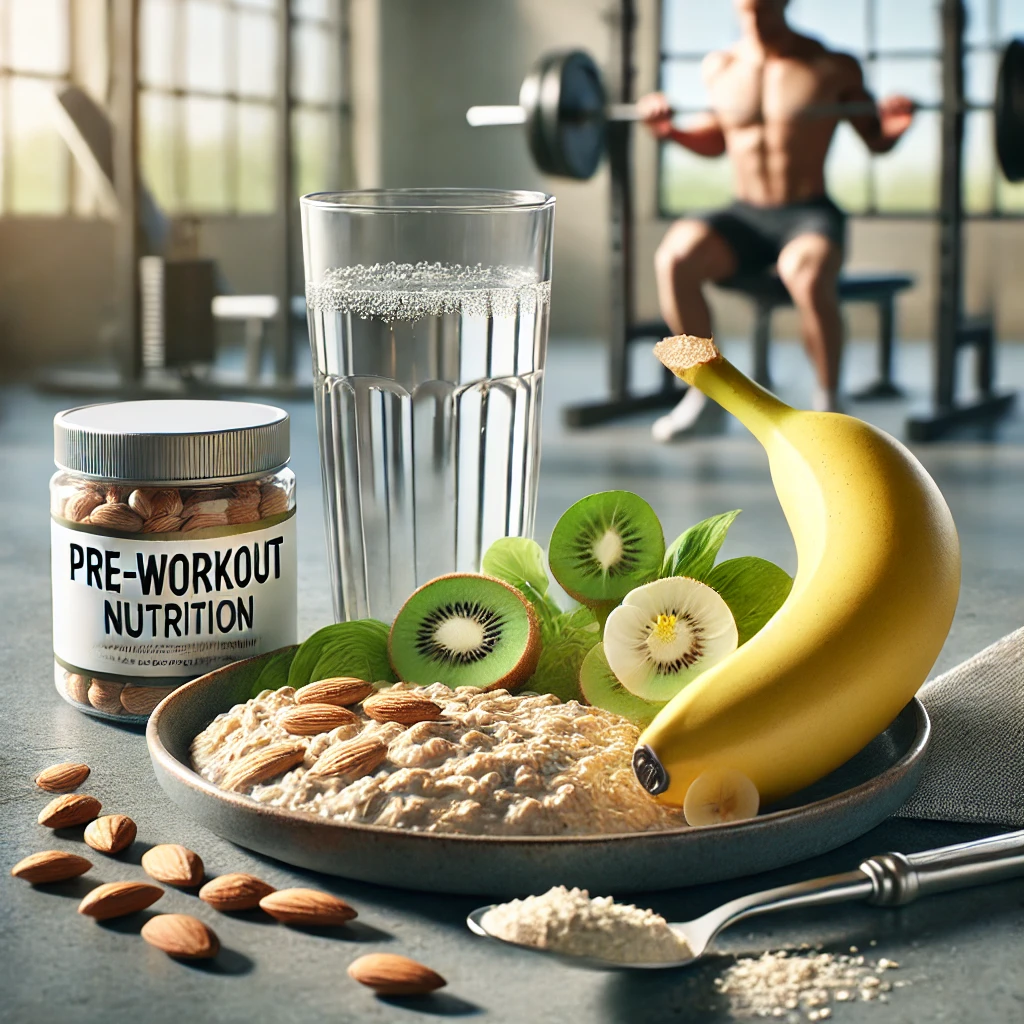
Post-Workout Nutrition
Post-workout nutrition is critical for muscle recovery and growth. Consuming a meal rich in protein and carbohydrates within 30 minutes to an hour after your workout helps replenish glycogen stores and repair muscle tissue. Examples include:
Protein shake with banana
-
Grilled salmon with quinoa and vegetables
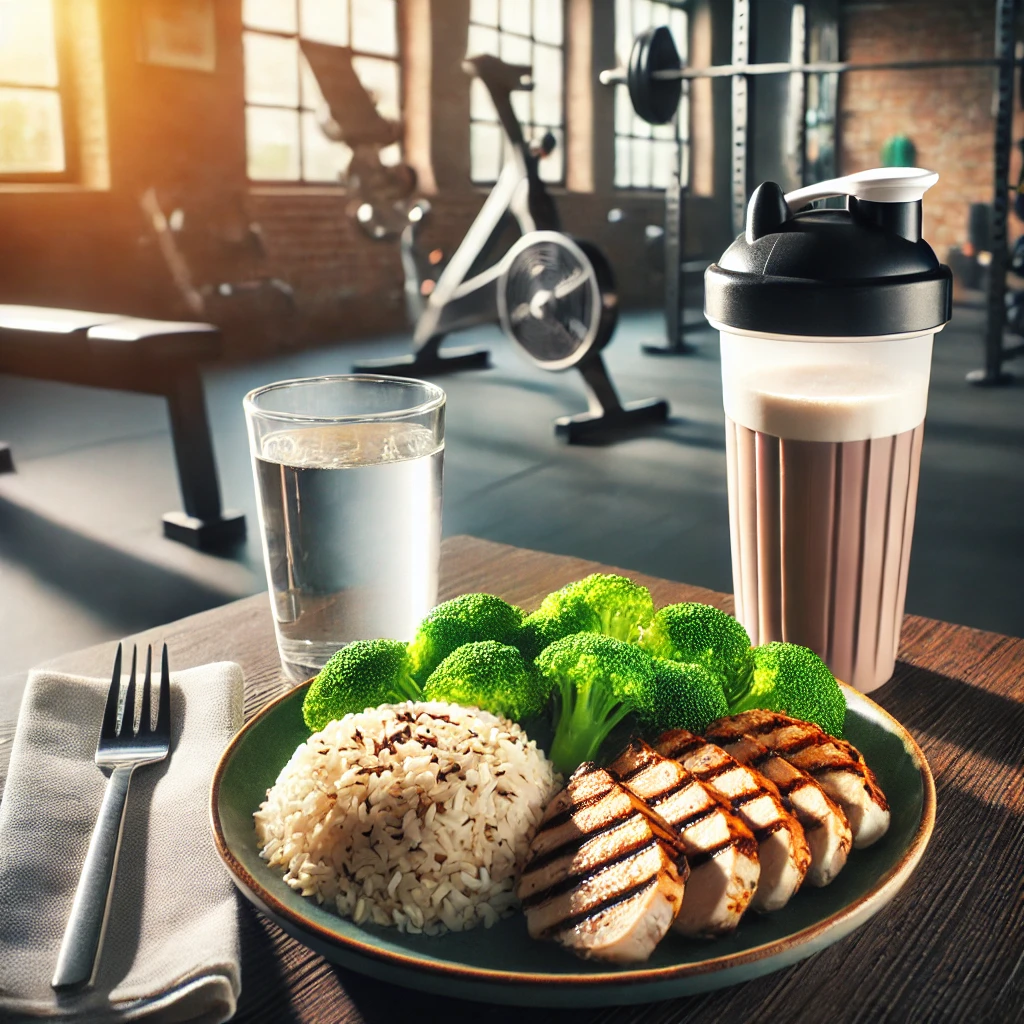
Meal Timing and Frequency
Eating regular meals throughout the day helps maintain energy levels and supports muscle growth. Aim for 5-6 meals per day, including three main meals and 2-3 snacks. This approach ensures a steady supply of nutrients and helps prevent overeating.
Supplements For Muscle Gain
Protein Powders
Protein powders are a convenient way to increase your protein intake, especially after workouts. Whey protein is a popular choice due to its high biological value and fast absorption rate.
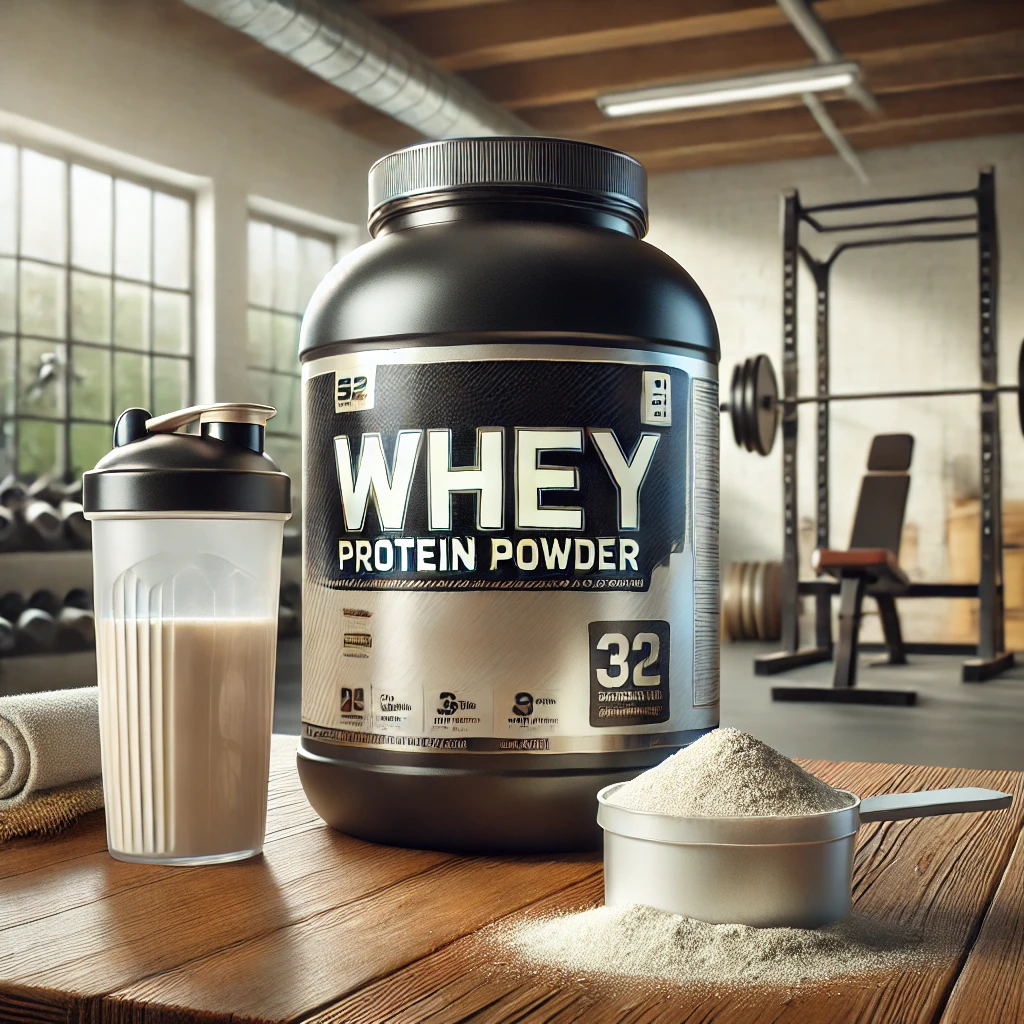
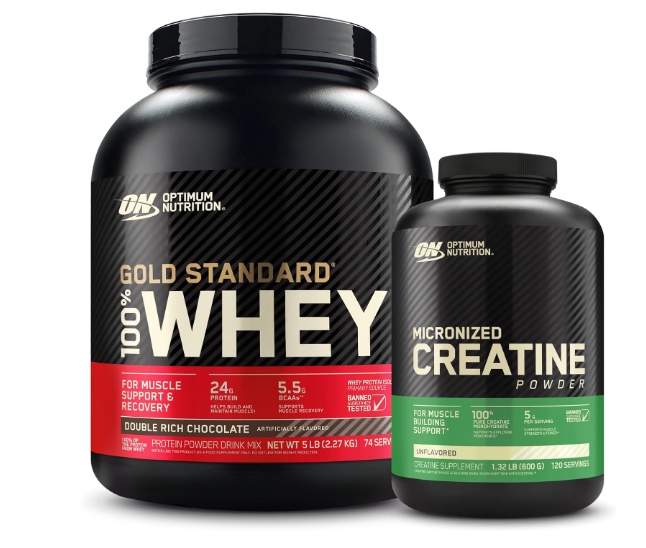
Creatine
Protein powders are a convenient way to increase your protein intake, especially after workouts. Whey protein is a popular choice due to its high biological value and fast absorption rate.
BCAAs
Branched-chain amino acids (BCAAs) are essential amino acids that can help reduce muscle soreness and fatigue. They are beneficial during workouts and recovery periods.
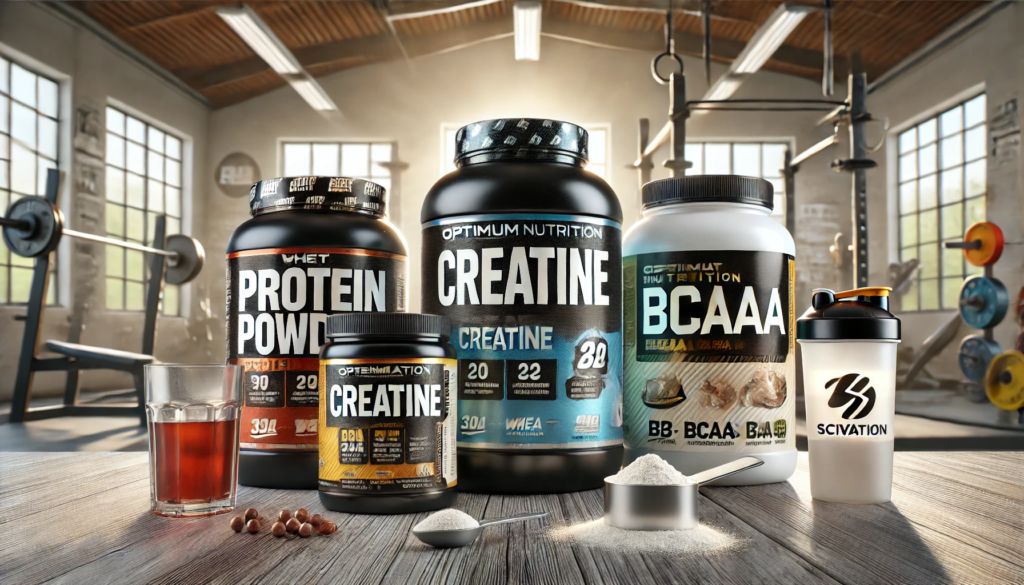
Sample Gym Diet Plan For Muscle Gain
Here’s a sample gym diet plan for muscle gain that’s designed to fuel your workouts and support muscle growth. This gym diet plan for muscle gain includes balanced meals and nutrient timing to maximize your results.
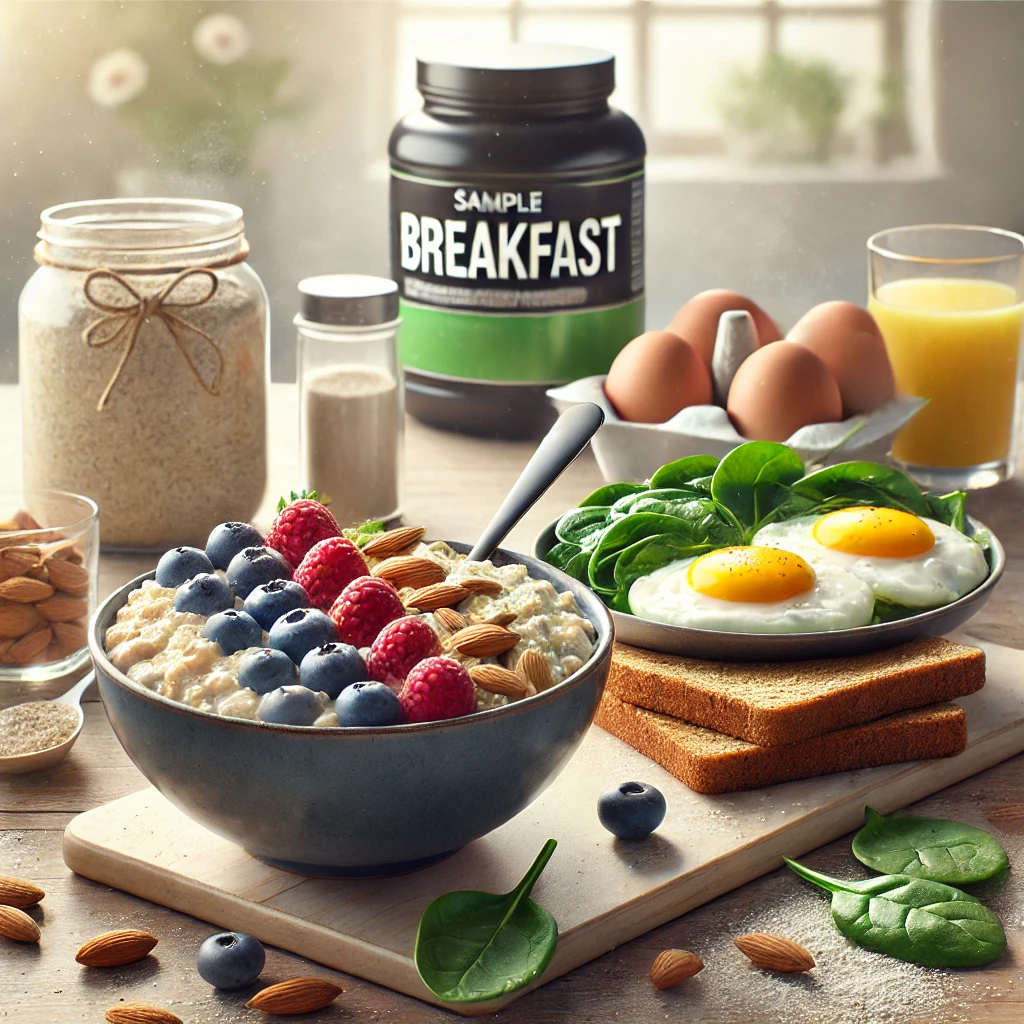
Breakfast
- Oatmeal with protein powder, berries, and almonds
- Scrambled eggs with spinach and whole-grain toast
Lunch
- Grilled chicken breast with brown rice and steamed broccoli
- Turkey wrap with whole-grain tortilla, avocado, and mixed vegetables
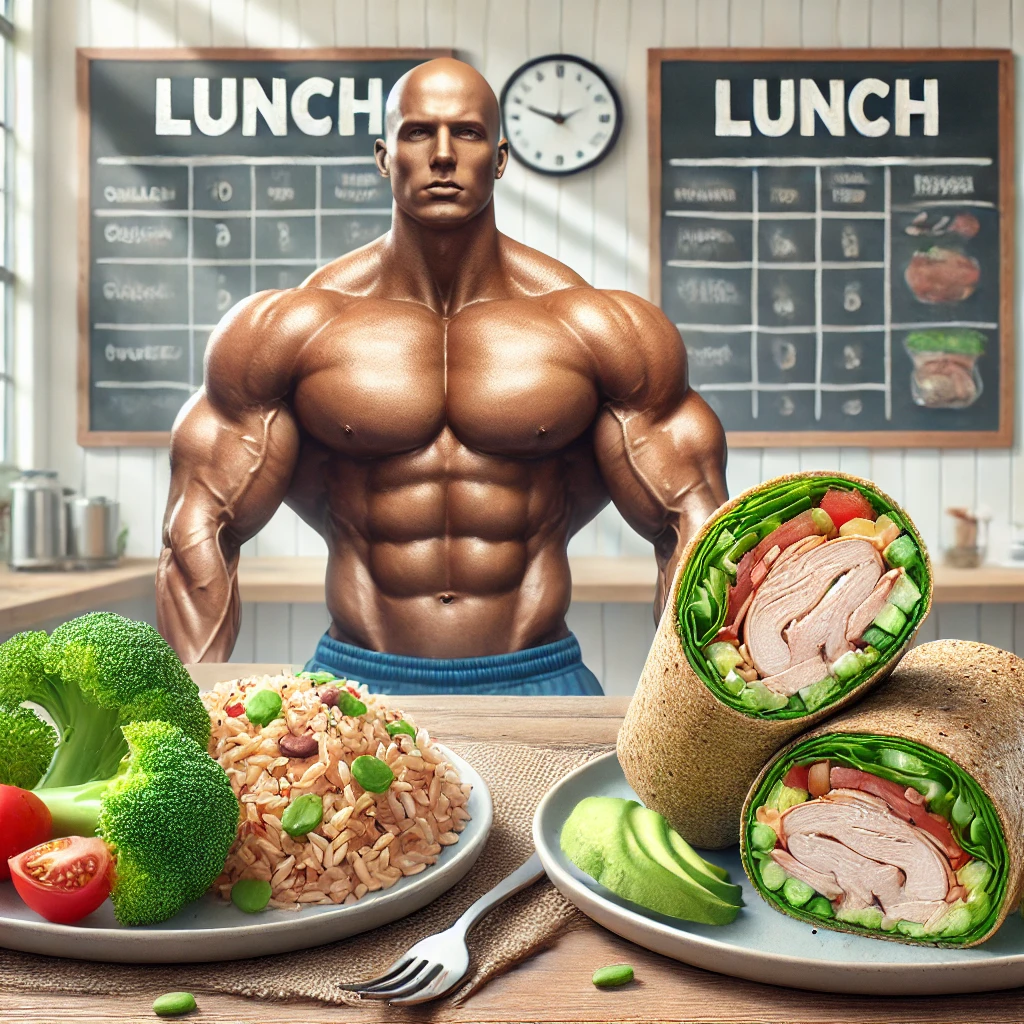
Dinner
Baked salmon with quinoa and roasted vegetables
Lean beef stir-fry with mixed vegetables and brown rice
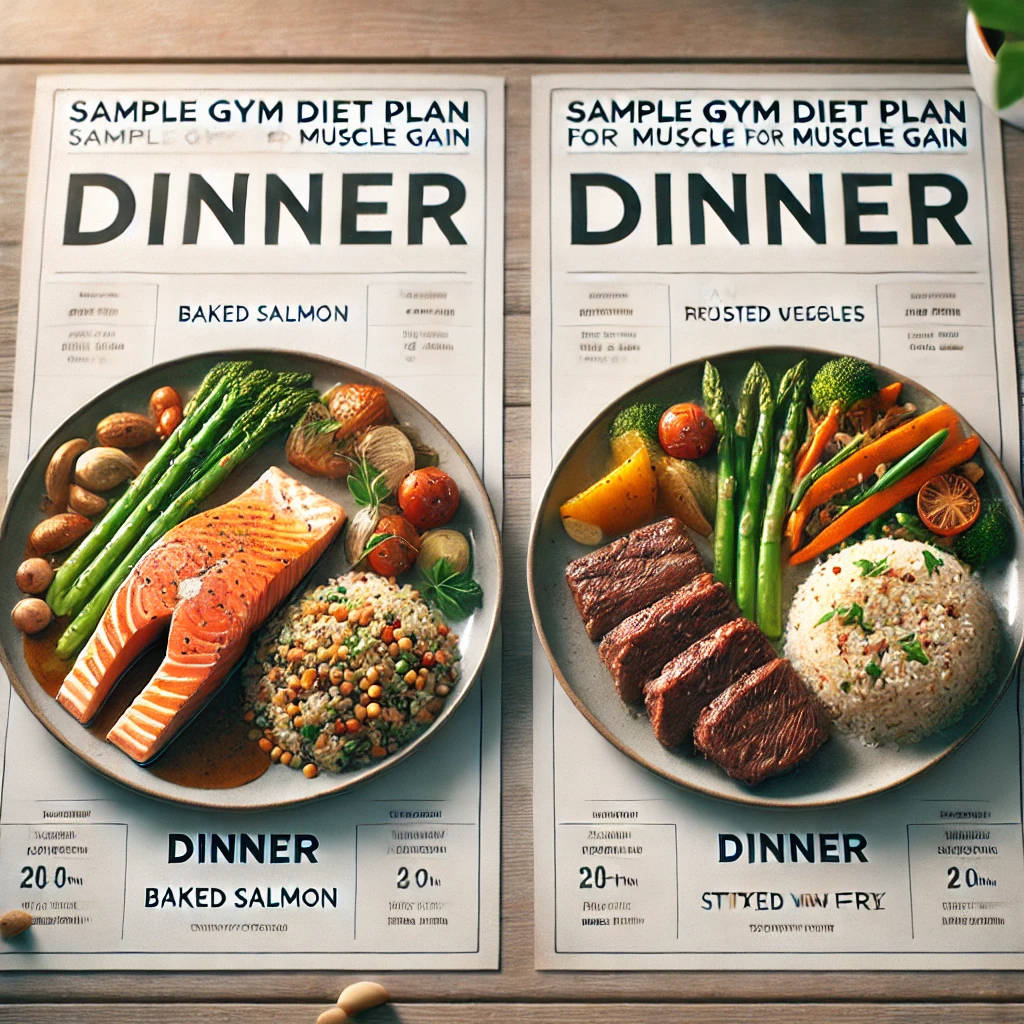
Snacks
- Greek yogurt with honey and walnuts
- Protein shake with banana and peanut butter
Frequently Asked Questions (FAQs)
How Many Calories Should I Consume For Muscle Gain ?
Caloric intake varies depending on individual factors like age, weight, and activity level. Generally, aim for a calorie surplus of 250-500 calories per day to support muscle growth.
Can I Gain Muscle Without Supplements ?
Yes, it’s possible to gain muscle without supplements by consuming a balanced diet rich in protein, carbs, and fats. Supplements can be beneficial but are not necessary for muscle gain.
What Foods Should I Avoid When Trying To Gain Muscle ?
Avoid highly processed foods, sugary snacks, and excessive alcohol, as they can hinder muscle growth and overall health. Focus on whole, nutrient-dense foods to support your goals.
Conclusion
Building muscle is a journey that requires dedication, both in the gym and the kitchen. A well-structured gym diet plan for muscle gain, rich in proteins, carbs, and healthy fats, is essential for achieving your muscle-building goals. By understanding the importance of nutrition and following a balanced diet plan, you can optimize your muscle growth and enjoy the benefits of a stronger, healthier body. Remember to consult with a healthcare professional or nutritionist to tailor your diet plan to your specific needs and goals.
